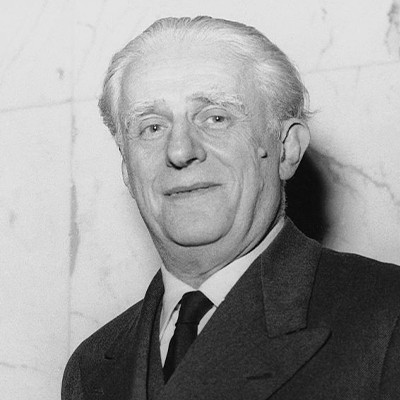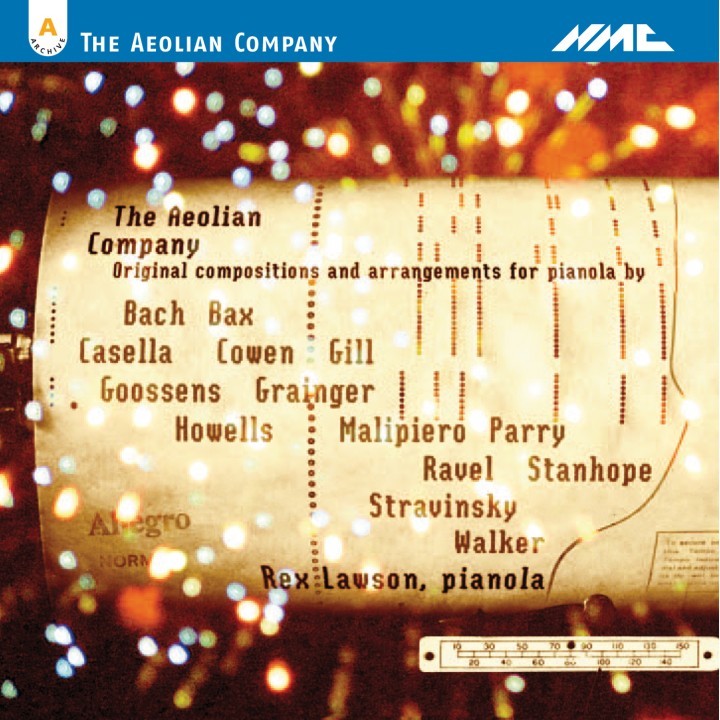Gian Francesco Malipiero
Gian Francesco Malipiero, (born March 18, 1882, Venice, Italy—died Aug. 1, 1973, Treviso), composer whose music represents a fusion of modern techniques with the stylistic qualities of early Italian music.
Malipiero studied at the Vienna Conservatory and in Venice and Bologna, and subsequently he traveled to Paris, where he was influenced by the new music he heard there. In 1921 he became professor of composition at the Parma Conservatory. Later he was director of the Istituto Musicale Pollini at Padua, and in 1939 he became director of the Liceo Benedetto Marcello in Venice.
Malipiero, with Alfredo Casella, played a leading part in Italian music in the 1920s. Rebelling against the realistic aesthetic of verismo that inspired Giacomo Puccini, he rediscovered Italian pre-Romantic music. His work reflects the spirit of 17th- and 18th-century Venetian music; his operas pay homage to Claudio Monteverdi. His music is characteristically contrapuntal, with some dissonance resulting from the counterpoint. Its tonality is based on free use of diatonic (as opposed to chromatic) material.
Malipiero’s works include the operas L’Orfeide (1918–22; “The Orpheon”) and Venere prigioniera (1957; “Captive Venus”); the cantata or “mystery” San Francesco d’Assisi (1922); the oratorio La Passione (1935); and several piano concerti. Among his orchestral works are Pause del silenzio (1917), which reflects the impact of World War I; the three-part Impressioni dal vero (1910–22; “Impression of Truth”); Fantasie di ogni giorni (1954; “Fantasy of Every Day”); Notturno di canti e balli (1957; “Nocturne of Songs and Dances”); and nine symphonies. His chamber works include seven string quartets, of which the first, Rispetti e strambotti (1920; “Regards and Folderol”), is particularly known.
Malipiero made important contributions to musical scholarship. With the financial support of American patron Elizabeth Sprague Coolidge, he edited the complete works of Monteverdi (1926–42) and collaborated in the collected edition of the works of Antonio Vivaldi (1947–72). He also edited works of Arcangelo Corelli, Girolamo Frescobaldi, and others.
Gian Francesco Malipiero, (born March 18, 1882, Venice, Italy—died Aug. 1, 1973, Treviso), composer whose music represents a fusion of modern techniques with the stylistic qualities of early Italian music.
Malipiero studied at the Vienna Conservatory and in Venice and Bologna, and subsequently he traveled to Paris, where he was influenced by the new music he heard there. In 1921 he became professor of composition at the Parma Conservatory. Later he was director of the Istituto Musicale Pollini at Padua, and in 1939 he became director of the Liceo Benedetto Marcello in Venice.
Malipiero, with Alfredo Casella, played a leading part in Italian music in the 1920s. Rebelling against the realistic aesthetic of verismo that inspired Giacomo Puccini, he rediscovered Italian pre-Romantic music. His work reflects the spirit of 17th- and 18th-century Venetian music; his operas pay homage to Claudio Monteverdi. His music is characteristically contrapuntal, with some dissonance resulting from the counterpoint. Its tonality is based on free use of diatonic (as opposed to chromatic) material.
Malipiero’s works include the operas L’Orfeide (1918–22; “The Orpheon”) and Venere prigioniera (1957; “Captive Venus”); the cantata or “mystery” San Francesco d’Assisi (1922); the oratorio La Passione (1935); and several piano concerti. Among his orchestral works are Pause del silenzio (1917), which reflects the impact of World War I; the three-part Impressioni dal vero (1910–22; “Impression of Truth”); Fantasie di ogni giorni (1954; “Fantasy of Every Day”); Notturno di canti e balli (1957; “Nocturne of Songs and Dances”); and nine symphonies. His chamber works include seven string quartets, of which the first, Rispetti e strambotti (1920; “Regards and Folderol”), is particularly known.
Malipiero made important contributions to musical scholarship. With the financial support of American patron Elizabeth Sprague Coolidge, he edited the complete works of Monteverdi (1926–42) and collaborated in the collected edition of the works of Antonio Vivaldi (1947–72). He also edited works of Arcangelo Corelli, Girolamo Frescobaldi, and others.
Compilations with this composer
CompilationsRelated composers
Related composersExternal Links
Music Map
Discover more about the classical music of today with NMC's Music Map, and exciting and educational online tool which enables you to see and hear the connections between composers, their teachers, pupils, influences and their works.
Music Map

